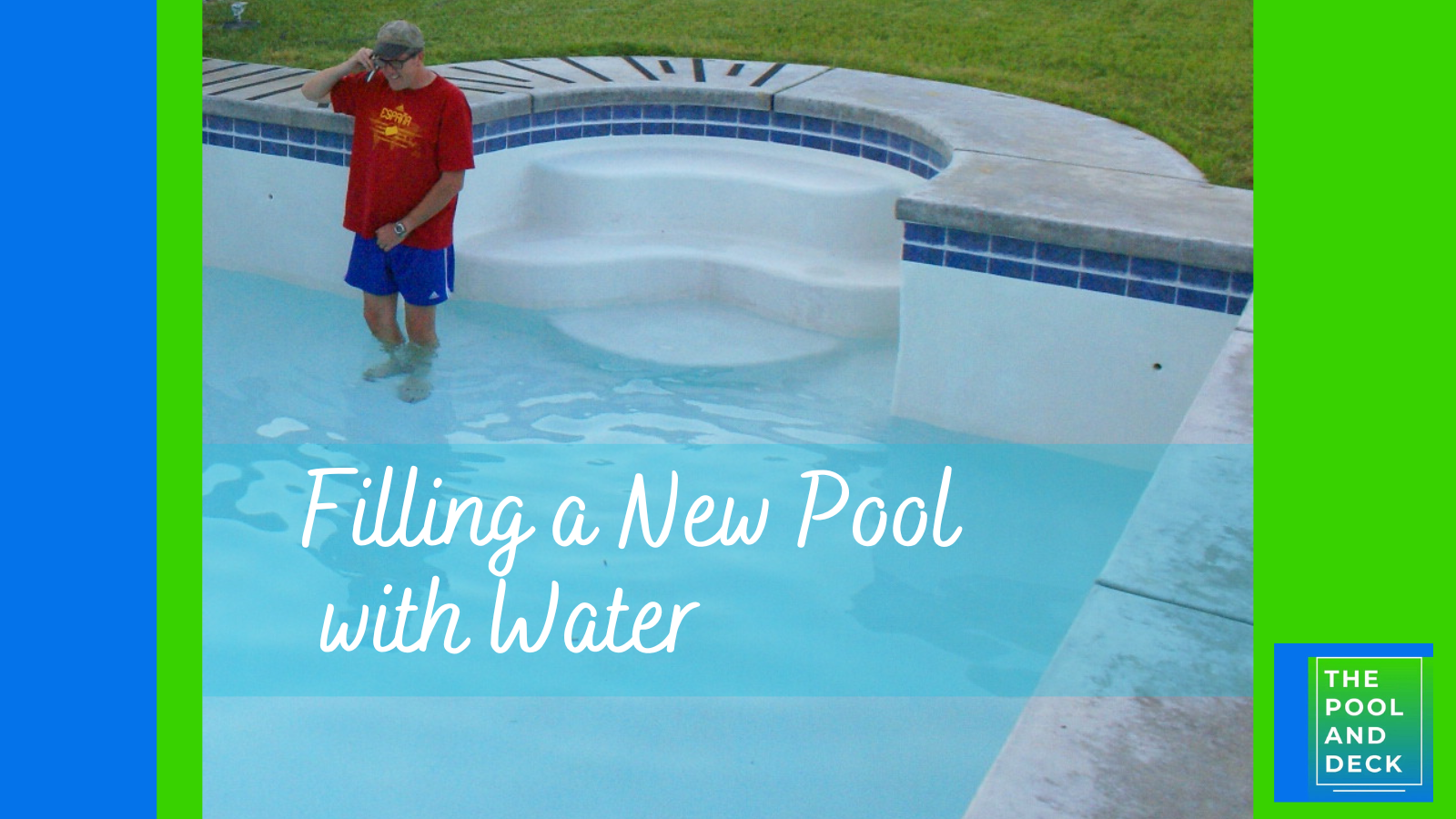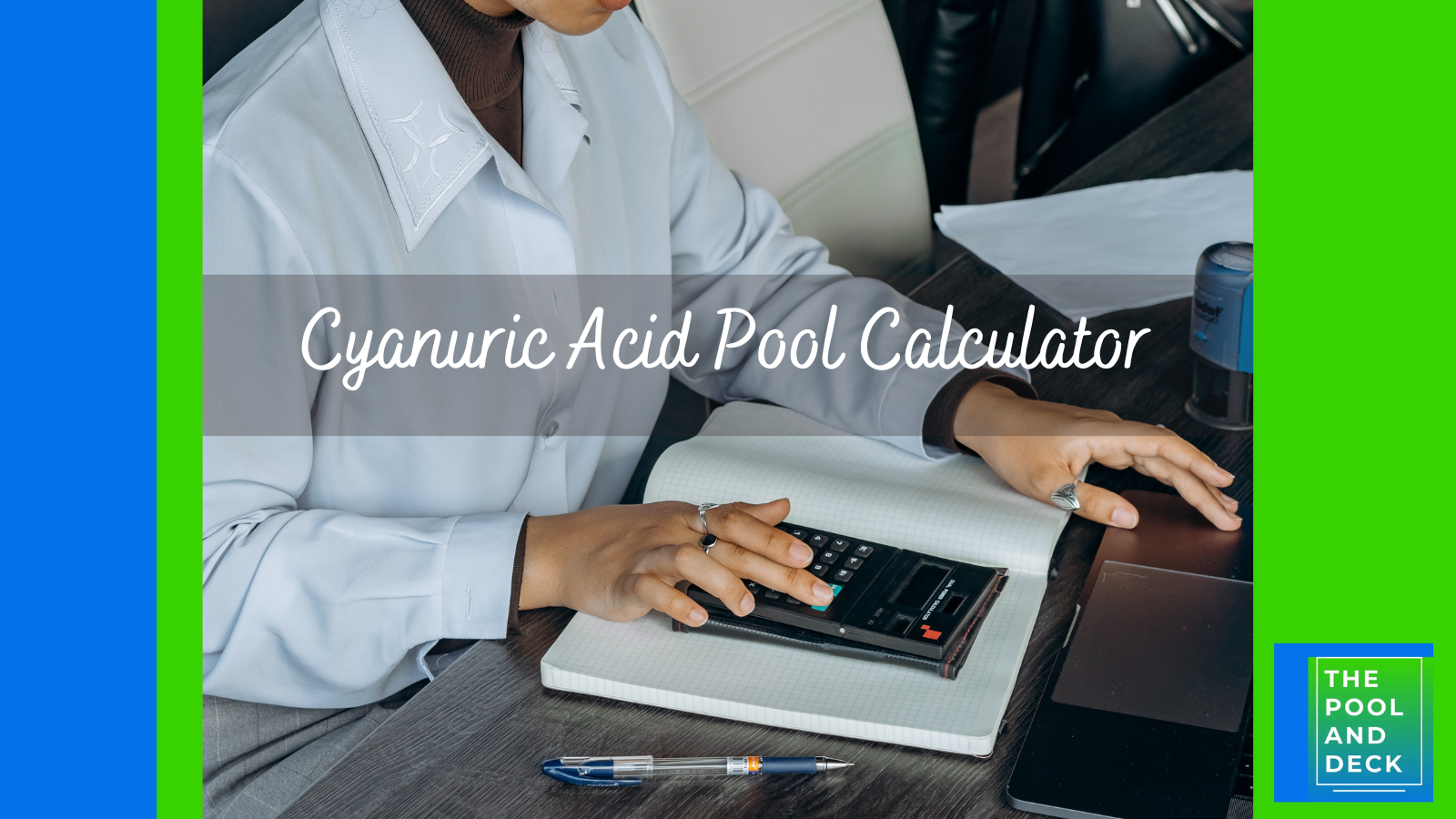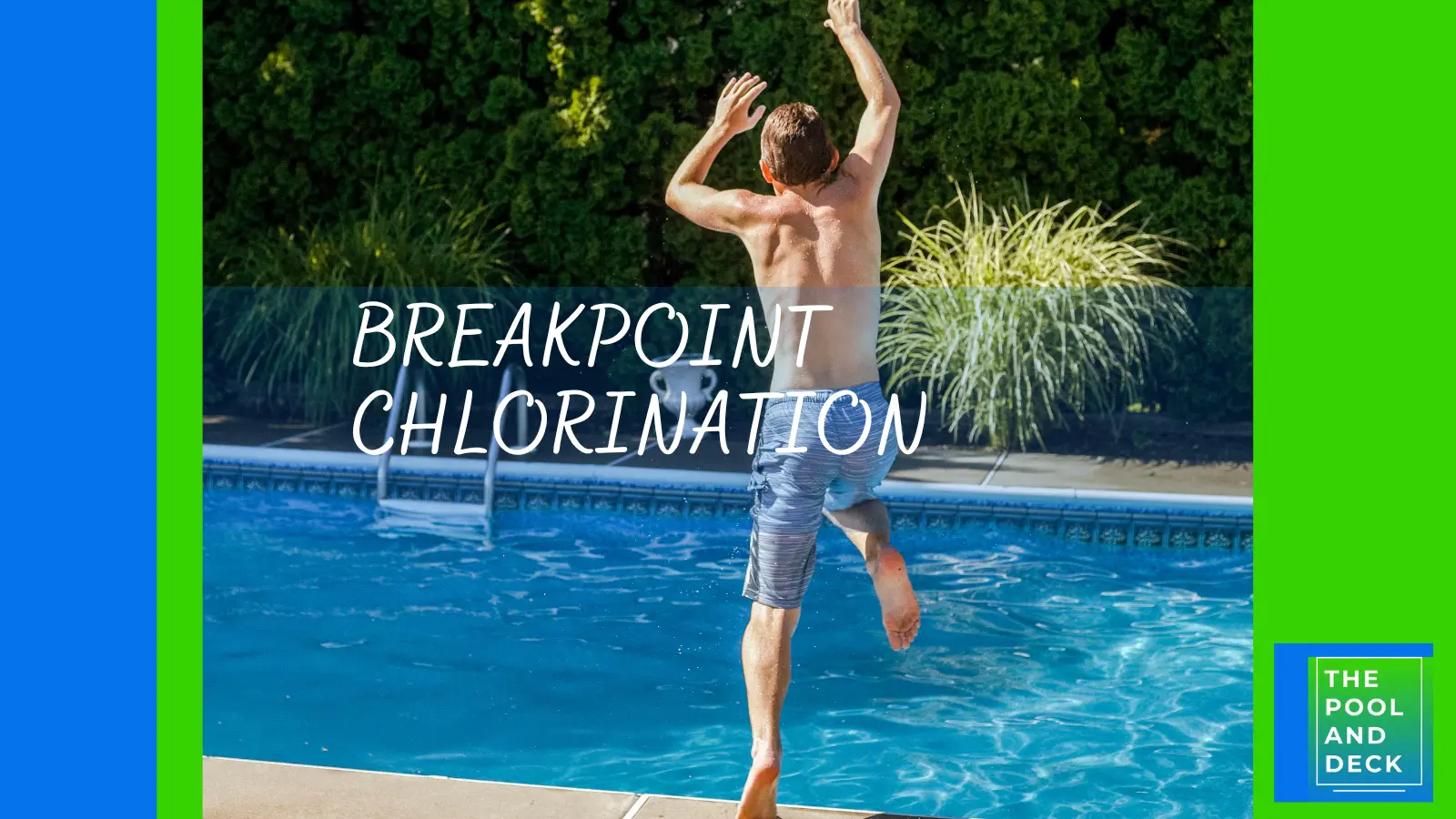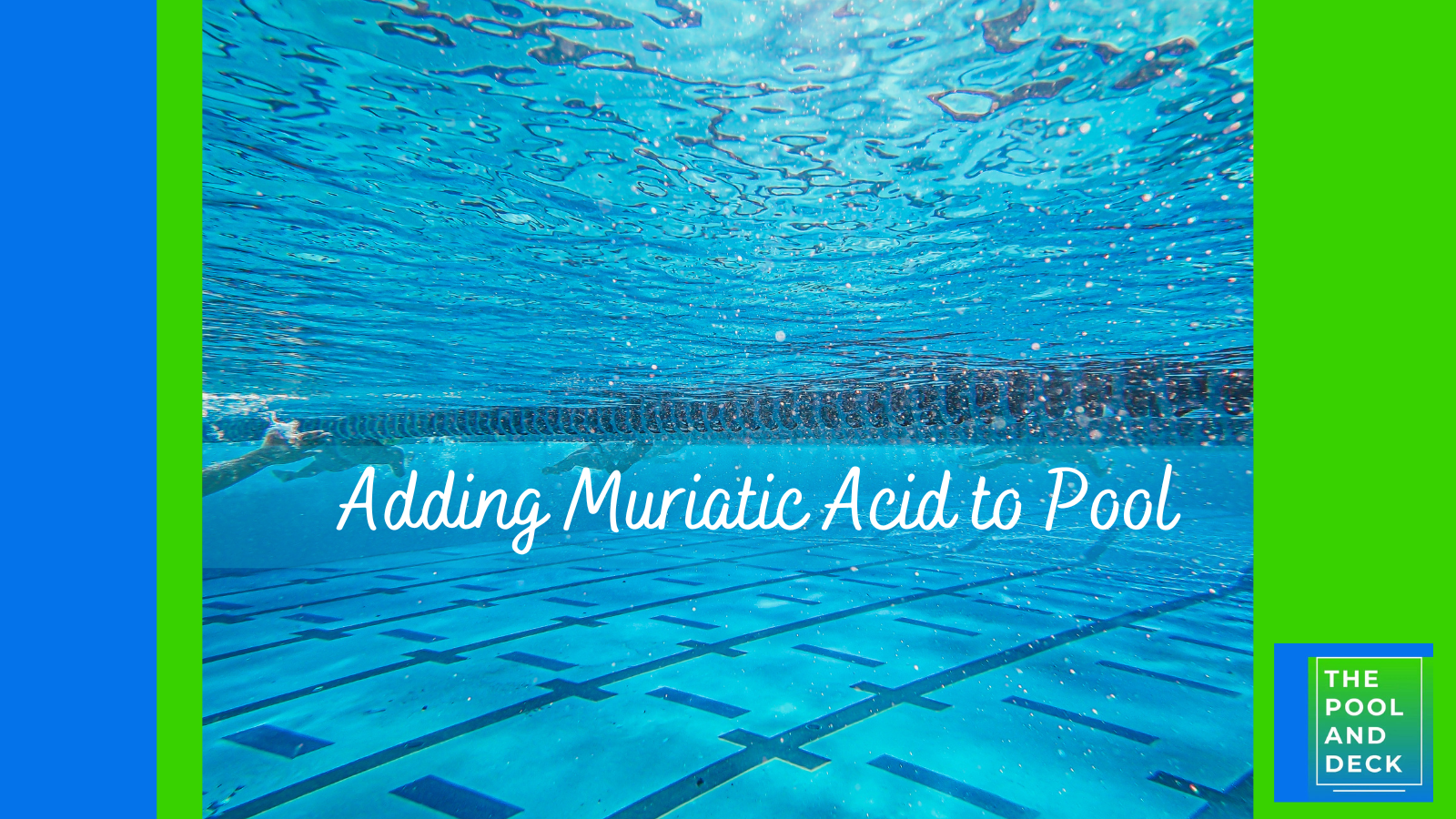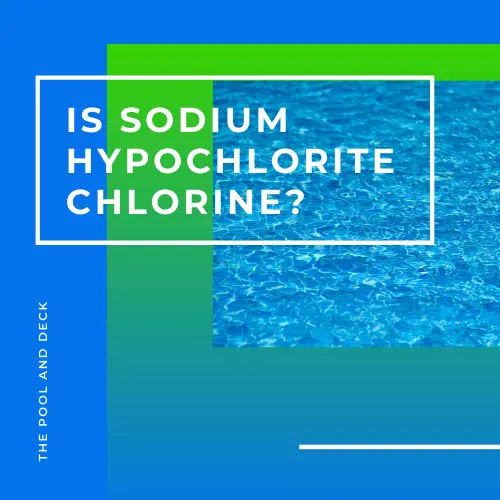2025 Pool Chemical Calculator: Links to 7 Free Calculators!
As an Amazon Associate, I earn from qualifying purchases.
Table of Contents
Pool Chemical Calculator
A pool chemical calculator is an invaluable tool for pool owners.
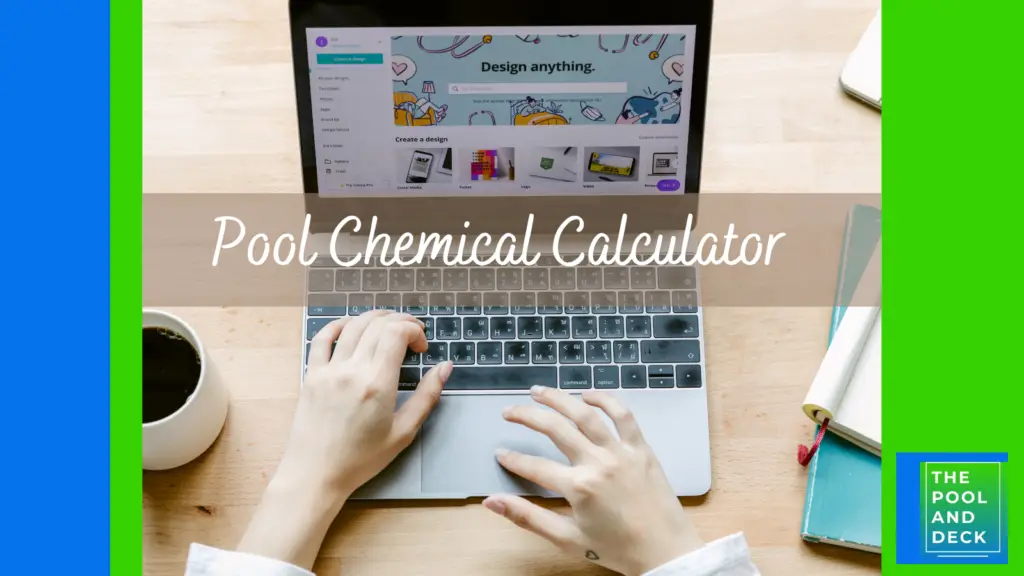
Maintaining pool chemistry is critical to ensuring a crystal clear and hygienic pool. Moreover, it is also necessary for protecting pool equipment and pool surfaces from corrosion, scaling, etc.
A pool chemical calculator simplifies the process of determining the correct amounts of chemicals to add to the pool based on current water conditions and desired levels.
1. Pool Volume Calculator
Invariably, every pool chemical calculator will require you to input the pool volume in gallons. If you do not have that already you can use my Pool Volume Calculator.
2. Pool Chlorine Calculator
Chlorine is, without doubt, the most important pool chemical as it ensures that your pool is adequately sanitized and disinfected. The acceptable range for Free Chlorine is 1 – 4 ppm. It is great if you can keep it in the 2 – 3 ppm range.
Please use my Pool Chlorine Calculator to top up the chlorine after testing for the existing Free Chlorine Level.
3. Pool Chlorine Stabilizer Calculator
Chlorine is a great pool sanitizer but Free Chlorine (FC) breaks down very rapidly under UV rays of the sun. As such Free Chlorine (FC) needs some protection from UV rays in the form of Cyanuric Acid (CYA) which a “stabilizer” for chlorine.
Please use my Cyanuric Acid Pool Calculator to ensure that the Cyanuric Acid (CYA) stays within ideal range of 30-50 ppm, by clicking the button below.
4. Pool Shock Calculator
Shocking your pool once a week is highly recommended. Shocking a pool on a weekly basis ensures elimination of any excessive growth of bacteria, algae, and organic contaminants.
Please use my Pool Shock Calculator by clicking the button below:
Cyanuric Acid Free Cal Hypo powder is most commonly used as it has high ACP. Of course you could use Liquid Chlorine to shock your pool as well.
5. Pool pH Calculator
Maintaining pool water pH between 7.4 and 7.6 is essential.
High pH levels can cause scaling on pool surfaces and equipment, cloudy water, and reduced effectiveness of chlorine.
On the other hand, low pH levels can corrode pool surfaces and equipment, irritate swimmers’ skin and eyes, and decrease the effectiveness of chlorine.
My Pool pH Calculator will give you the dose and the chemical to be added to get the pH within the desired range.
6. Pool Alkalinity Calculator
Pool pH and Total Alkalinity (TA) are intertwined as alkalinity is a pH buffer. The recommended range for TA is 80 – 120 ppm.
My Pool Alkalinity Calculator will give you the dose and the chemical to be added to get the TA within the desired range.
7. Pool Calcium Hardener Calculator
To be honest, most pool owners do not give much importance to the calcium hardness, especially low calcium hardness, in their pool water. While high pool calcium hardness levels result in scaling, low pool calcium hardness can result in etching.
Please check Calcium Hardness levels periodically and use my Pool Calcium Hardener Calculator to determine the dose of Calcium Chloride (for increasing) or Fresh Water (for decreasing)
Thank you very much for reading the post. I do hope you found it informative and helpful.

